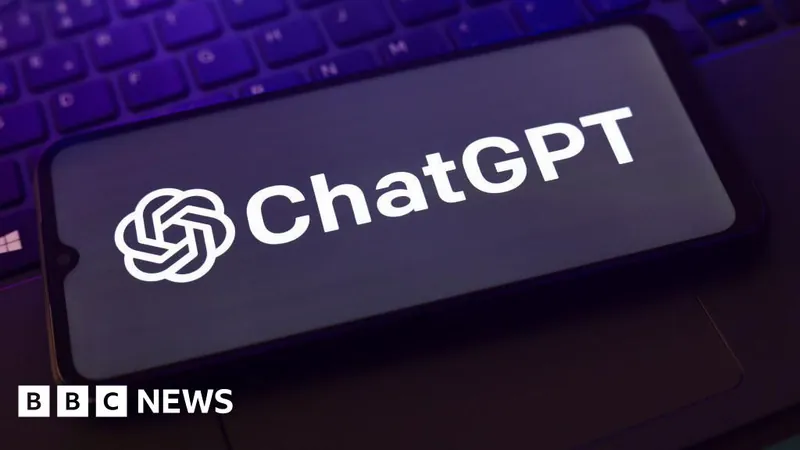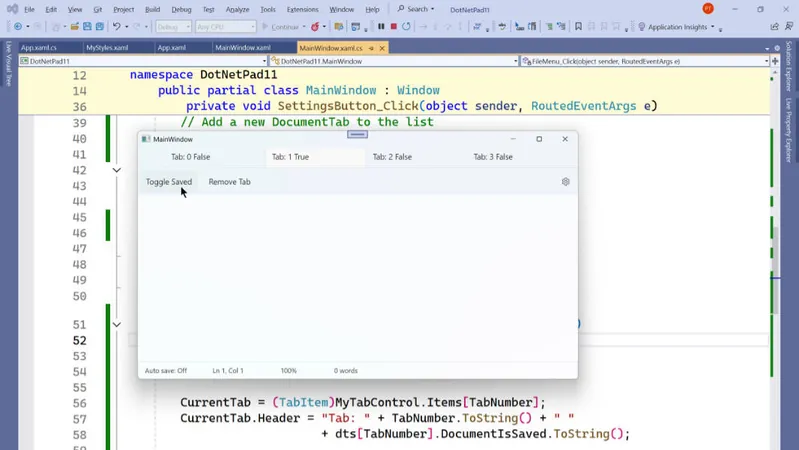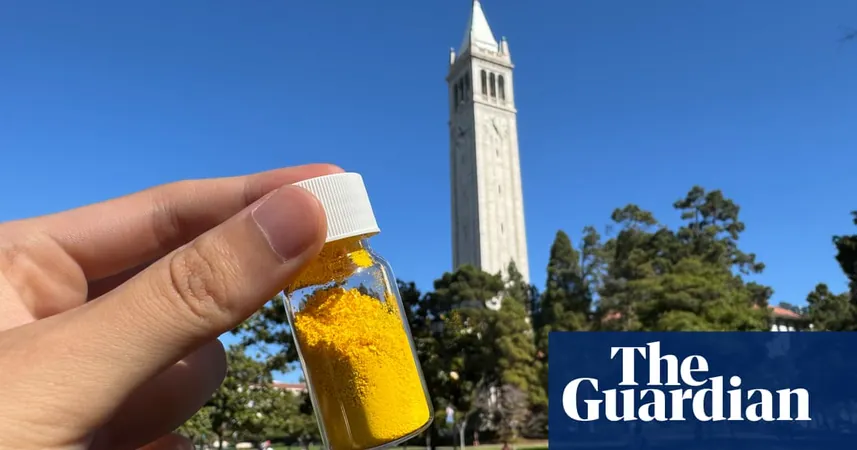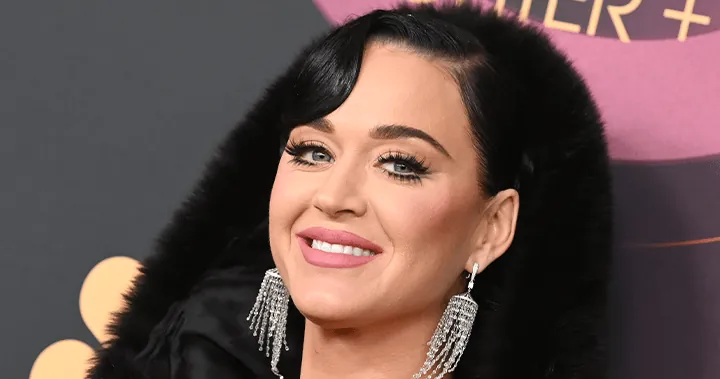
Groundbreaking Lawsuit: Canadian Media Giants Take on OpenAI Over Copyright Violations!
2024-11-30
Author: Liam
Introduction
In a historic move, a coalition of some of Canada’s largest news organizations has initiated a lawsuit against OpenAI, the creator of the widely-used AI chatbot, ChatGPT. The coalition claims that OpenAI has unlawfully incorporated their news articles into its training data, which they argue constitutes a violation of copyright law.
The Coalition of Canadian Media
Major players in Canadian journalism, including the renowned Toronto Star, Metroland Media, Postmedia, The Globe and Mail, The Canadian Press, and the CBC, have united for this unprecedented legal battle, the first of its kind in Canada. In a powerful joint statement, the media organizations declared, “Journalism is in the public interest. OpenAI using companies’ journalism for their own commercial gain is not. It’s illegal.”
OpenAI's Defense
OpenAI maintains their stance, asserting that their models are developed using 'publicly available data' and adhere to principles of fair use. In response to the allegations, OpenAI emphasized their collaboration with news publishers, including ensuring proper attribution and providing options for publishers to exclude their content from use.
Details of the Lawsuit
The lawsuit details a staggering 84 pages of accusations, claiming that OpenAI has consistently ignored critical safeguards designed to protect intellectual property. These defenses include paywalls and copyright disclaimers aimed at preventing unauthorized use of content. The coalition argues, “OpenAI regularly breaches copyright and online terms of use by scraping large swaths of content from Canadian media to help develop its products, such as ChatGPT.”
Potential Impact and Demands
The repercussions of this lawsuit could be monumental. The group is seeking punitive damages of CAD 20,000 (approximately USD 14,300) for each article they allege was used improperly, potentially totaling billions in compensation. Additionally, the media organizations demand that OpenAI share profits generated from the use of their articles and seek a court order to halt any future use.
Comparison to U.S. Legal Actions
This legal action echoes similar proceedings in the United States, where the New York Times and other media outlets accused OpenAI of copyright infringement last year. The situation escalated when the Times’ legal team claimed OpenAI attempted to erase evidence crucial for their case.
Conclusion
As the news continues to unfold, the implications of this lawsuit could have far-reaching effects on the intersection of AI technology and traditional journalism. Just recently, the Wall Street Journal reported that OpenAI is valued at a staggering CAD 219 billion after securing extensive funding from investors, raising questions about the company’s financial practices and its responsibility toward content providers.
Future Implications
As the battle between technology and traditional media intensifies, the outcome of this case could redefine copyright law and the future of AI in content creation. Stay tuned for more updates on this developing story!









 Brasil (PT)
Brasil (PT)
 Canada (EN)
Canada (EN)
 Chile (ES)
Chile (ES)
 España (ES)
España (ES)
 France (FR)
France (FR)
 Hong Kong (EN)
Hong Kong (EN)
 Italia (IT)
Italia (IT)
 日本 (JA)
日本 (JA)
 Magyarország (HU)
Magyarország (HU)
 Norge (NO)
Norge (NO)
 Polska (PL)
Polska (PL)
 Schweiz (DE)
Schweiz (DE)
 Singapore (EN)
Singapore (EN)
 Sverige (SV)
Sverige (SV)
 Suomi (FI)
Suomi (FI)
 Türkiye (TR)
Türkiye (TR)